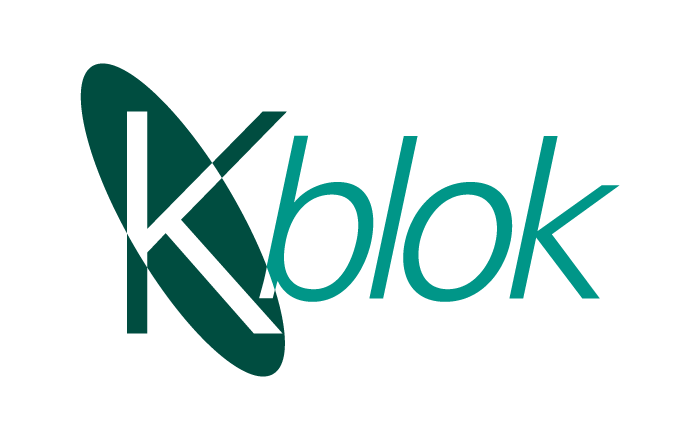International trade and counterfeiting challenges: a new digital solution that will traverse the borders – Part 1
Part 1 – The cost of counterfeit goods and misclassification to the UK
Introduction
In February 2019, we (KOIOS Master Data) embarked on a successful year-long research and development project focusing on “Using ISO 8000 Authoritative Identifiers and machine-readable data to address international trade and counterfeiting challenges”. This project was funded by Innovate UK, part of UK Research and Innovation. ISO 8000 is the international standard for data quality.
This part of the article (part one) explains the problem counterfeit goods and misclassification of products has on the UK PLC and the proposed solution which won us the Innovate UK Government grant.
A GBP 11 billion impact: and poor data exchange is the root of the problem
Counterfeit products and misclassification of products, when importing into the UK, cause major challenges for commercial organisations and the economy in the UK. These challenges increase a business’s exposure to risk, including consumer health, safety and well-being.
The impact of global counterfeiting on the UK economy is increasing. The Organisation for Economic Co-operation and Development (OECD) states that forgone sales for UK companies due to infringement of their intellectual property (IP) rights in global trade amounted to GBP 11 billion and at least 86,300 jobs were lost due to counterfeiting and piracy in 2019.
Protection from counterfeiting could save some organisations £000’s: for example, Greek customs seized 17,000 bearings, purporting to be from SKF, worth €1m in a single anti-counterfeiting operation.
When importing into the UK, importers are required to declare a commodity code for the products being imported. The commodity code is used to collect duty and VAT and dictates the restrictions and regulations, including the requirement for licensing, when importing or exporting the product.
Often the importer of the product does not have the technical knowledge to classify the product correctly. This, in combination with the complexity of the tariff code system currently adopted by the European Union (EU), and subsequently by the UK, causes many cases of misclassification. These cases are both intentional and unintentional.
Misclassification causes incorrect duty and VAT ratings to be applied to companies importing products, and also distorts trade statistics. Fraudulent misclassification leads to the UK losing billions in tax revenue.
Importers currently make customs declarations using the Customs Handling of Import and Export Freight (CHIEF) system, with some importers transitioning to the newer Customs Declaration Service (CDS).
The current importing process is not stringent enough and information is declared too late in the process. This results in a lack of transparency of the origin of products and a lack of quality data supporting the import and trade.
Therefore, Customs have the near impossible task of identifying and intercepting counterfeit or misclassified products. Customs activities increase spending by the UK Government on customs checks and delay trading activities.
International trade and counterfeit challenges: there is a digital solution
We believe that the challenges facing HMRC and the organisations that suffer from counterfeit goods can be solved with a stringent digital solution. A digital solution that captures:
- A quality description of the products in a consignment;
- The regulatory/licensing requirements on the products and the importer – for example: the commodity code of the product and the Economic Operators Registration and Identification (EORI) number; and
- The parties involved in the trade – for example: manufacturers, shippers, freighters, insurers and lawyers, amongst others,
in a timely manner (pre-arrival to the UK border). This assured, single source of data can then be used by all parties in the supply chain, including HMRC and border forces. HMRC will then be able to use this trusted data to better target resources on more risky consignments and the platform can be a requirement for inclusion in a trusted trader programme.
This digital solution can be taken further so that the importer using the platform can establish a purchase order with the seller.
We also believe that we can help to reduce the misclassification of products by:
- Putting the responsibility of classifying the product on the manufacturer of the product, rather than the importer; and
- Assisting the manufacturers with classifying the product by using ISO 8000 compliant, machine readable product specifications and machine learning techniques to search the current human readable tariff classification.
Without a digital data solution for the automating of tariff code assignment and the provenance of products, no significant improvements to the current state of play can be achieved.
The proposed solution would enable HMRC to:
- reduce administration;
- eliminate errors;
- restrict growing levels of fraud in the digital economy
- target resources effectively through collecting pre-arrival data on goods
This proposal formed the fundamental basis of our successful Innovate UK grant application.
The next part of this article outlines the development progress made towards building a digital solution, how machine learning and natural language processing techniques were used during the year-long project and how the project can move forward.

Contact us
If you think that you can add value to this project and would like to explore how we could collaborate then please get in touch.
+44 (0)23 9387 7599
